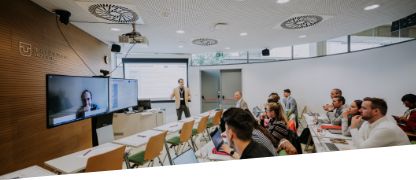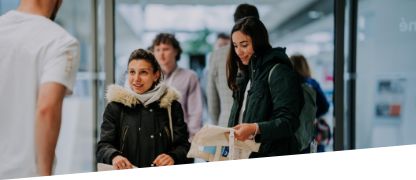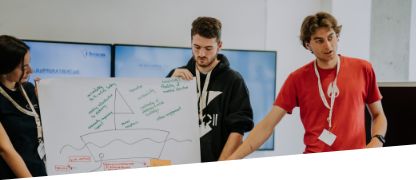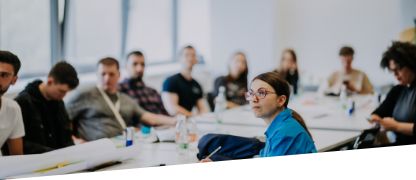Mob4All Mobility for All Guidelines
The Mob4All Guidelines have been designed to support mobility officers, academic and non-academic staff and tutor students/buddies in adopting, adapting and implementing procedures to guide, accommodate, support and integrate students with special needs in international mobility.
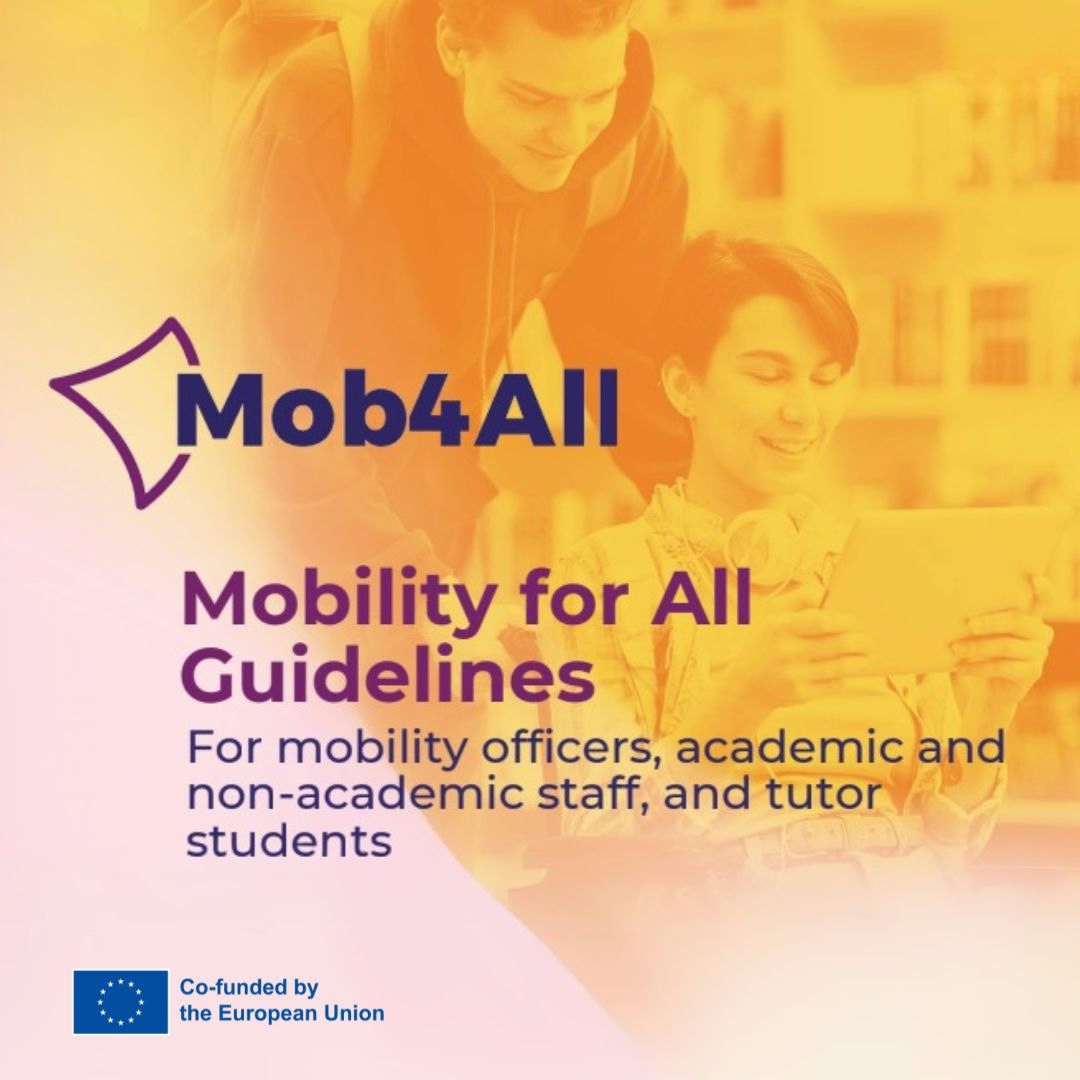
Mob4All is a project co-funded by the Erasmus+ programme (KA2 Strategic Partnership). The project fosters the inclusion of students with special needs in international mobility programmes through the capacity building of the different actors who can support them, transforming the participant Universities’ environments with the development and sharing of individual-centred practices and protocols, thus reducing the inequality of access to resources and opportunities in Higher Education.
One of the priorities of the Erasmus+ programme is the promotion of Inclusion and Diversity across all its actions. When implementing mobility projects, Higher Education Institutions should have an inclusive approach, making them accessible to all students.
The purpose of the Mob4all Guidelines is to support Higher Education Institutions and the network of actors involved in a mobility to create a safe and accessible environment for all students, keeping in mind that each Institution is different from the others and being honest in the process: there are structural obstacles that cannot be overcome.
However, the focus should be on the barriers that can be broken down, finding ways and resources to meet the specific needs of each student. The content of the Guidelines was gathered from the experience of Mob4All partners, gained from engaging with students with special needs and their expertise in mobility and education.
The Guidelines are divided in two parts. The first one is structured following the 3 different phases of any mobility (Before, During and After) from the perspective of both the sending and the receiving higher education institution. It is important to underline that the implementation of high quality inclusive mobilities needs a direct collaboration between the sending and the receiving institutions, at all phases of the experience.
The second part is divided into four sections, each focusing on mobility challenges related to a specific macro-group of disabilities and special needs: Physical disabilities; Hearing and visual impairment; Dyslexia; Autism, attention deficit and mental health.

